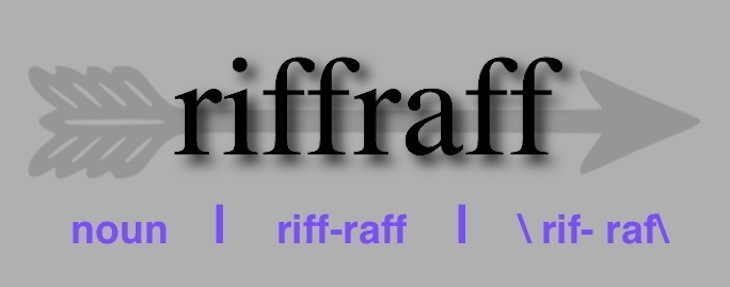Riff Raff: Pelican state pot, monument madness, and identification politics
by May 15, 2018 5:41 pm 693 views

One of the grow sites for medical marijuana in Louisiana is LSU. No joke. Won’t be ready this year, but 2019 tailgating in Baton Rouge could be a gold and purple haze. Geaux roll me up some of that Death Valley herb. Will that medical marijuana ever be available in Arkansas?
The other grow site in Louisiana is Southern University, also located in Baton Rouge. The politicians in Louisiana turned the job of pot production over to professors instead of profiteers. Not saying that’s the right move, but it’s not a move that resulted in lawsuits or allegations of corruption. No corruption in the Pelican state? Surely we’ve missed something.
Wanna guess what will at LSU and Southern University soon be the most requested work-study program? Also, with an herbal prescription, one might be able to understand the speech of Coach Orgeron.
Or maybe not.
Medical marijuana could be ready by February 2019 in Louisiana. If they can round up enough doctors to prescribe it, the state will have moved much faster and more efficiently than some other states we know that have struggled to create a process to simply grow a plant, prescribe a plant and make tons of tax revenue from a plant.
• Pot revenue may be needed to pay for the politics of religion. The Ten Commandments monument is back on the Arkansas Capitol grounds. Lawsuits will emerge and the state will spend a lot of money in what will eventually result in the Oklahoma outcome. That is, Oklahoma legislators placed a Ten Commandments monument on the capitol grounds only to have a court force them to remove the sacred stone to private property.
The question should be about adherence to state and federal constitutions and related case law, but the emotion of “God and Country” runs deep and is subversive in its ability to cloud awareness that short-term religious promotion opens the door to true religious persecution. (And no, the loss of unconstitutional religious privilege is not the same as religious persecution.) Indeed, the irony is that those most supportive of a Ten Commandments monuments on public grounds fail to realize they open the door to one of the things they claim to fear the most – Sharia law, or something like it.
If you think such a shift impossible, you may want to bone up on human behavior. History is full of examples in which the majority became the minority, and in which a once passive minority becomes an oppressive majority. Which is to say a majority certain in the right of their faith have found themselves without the right to their faith.
• And then there is this voter fraud BS. Or voter ID BS. We’re supposed to believe the election system is under assault by folks who vote numerous times, vote for dead people or vote in the same election in different states.
A certain petri dish of politicians know this is political red meat for those who already believe the poor and minorities and illegals are used by Hillary and Pelosi and the former Muslim president to undermine God’s will in the election process. Voter iD laws are dog whistles. Because, we all know, America used to be great until they began letting folks vote who didn’t own land, didn’t own a penis, and didn’t have a certain level of melanin. Right?
There is no evidence of anything that even comes close to conspiratorial or widespread voter fraud in Arkansas. The Arkansas Attorney General’s office provided a list of less than 10 cases of alleged voter fraud. They pointed Riff Raff to the state Election Board of Commissioners. A friendly attorney at the board sent via e-mail a spreadsheet of election irregularities since 2006.
Turns out, there have been 1,192 complaints in the hundreds of elections between 2006 and 2018, and of those, only 26 warranted investigation. Only 26 out of millions of votes cast. 2.18% of complaints were serious enough to the election process to result in further probing. And of those, an overwhelming majority were about poll workers and candidates or candidate supporters behaving badly. Few of the 26 were cited as voter fraud, and when they were, it was uncertain if the “fraud” was the result of voter confusion or voter intent to cheat.
A Loyola University study found only 31 documented cases of voter fraud in all U.S. elections between 2000 and 2014. A voter ID law is like requiring row crop farmers to test their seeds for mad cow disease.
The real issues are lack of resources to adequately manage voter registration lists, availability of poll workers, and training for poll workers. But those who profess to be looking out for our best interests don’t address those issues because they do nothing to make it more difficult for certain groups to vote.
The system in Sebastian County will be encumbered with at least one provisional ballot per election cycle. Or, I may try to vote in Baton Rouge.
